In this ceremony Dr. Habibollah Masoudi Farid, Deputy Minister of Social Affairs of the Welfare Organization, referring to the experience of State Welfare Organization for more than two decades in various areas of community-based activities, said: Social services has provided community-based services, but an innovation that has been performed today by creating +centers of life in welfare, is to create a single window for the issue that we can have a single entrance for the organization's services and in the field of community-based To be in the same format, that is, services that are provided separately, to take a single format.The Deputy Minister of Social Affairs of the Welfare Organization also pointed to three central principles in community-based approaches and said: "In all the circulars and models designed by Welfare, the spirit of these three principles is hidden and can be seen.He added: The first principle is that a participatory approach to needs assessment and action as well as evaluation is defined based on a participatory model and with the participation of the people, whose literature exists all over the world and can certainly increase social capital.
Masoudi Farid said: "The second principle is that both measurement and capacity building and capacity building are done with facilitation approaches in this project so that in community-oriented areas we can delegate more work to the people of the neighborhood. However, + centers of life to carry out the mission and there are services in various areas of injuries, disabilities, prevention, etc., but community-based means that the range of participation starts from the minimum participation, the role of the people increases over time and progresses to the maximum participation.Referring to the third principle, he said: In the needs assessment, we see only a half-empty glass, but in the community-based model, subject matter and capacity assessment are also considered. In other words, in each neighborhood, good previous records, local trustees, the spaces in the neighborhood, etc., are considered as assets and capacities, and there is no flaw-oriented view, but our view is to see the existing reality and capabilities along with the needs.

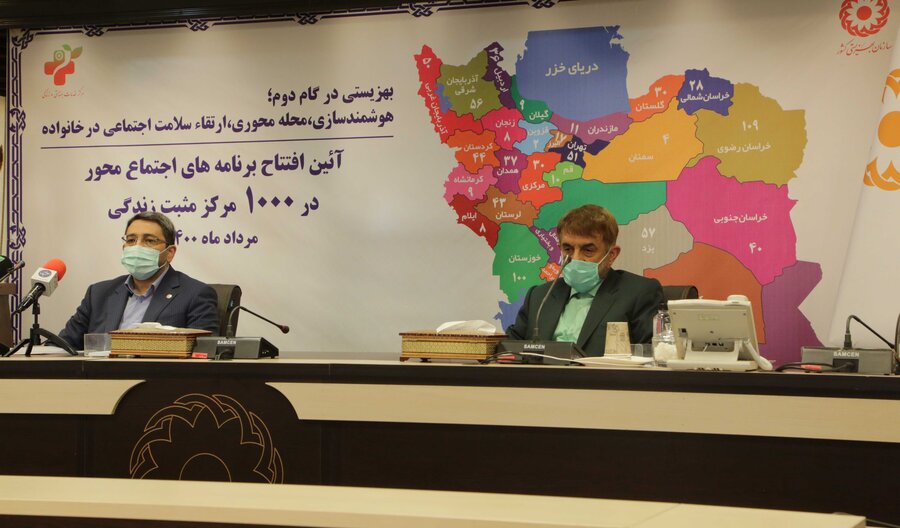
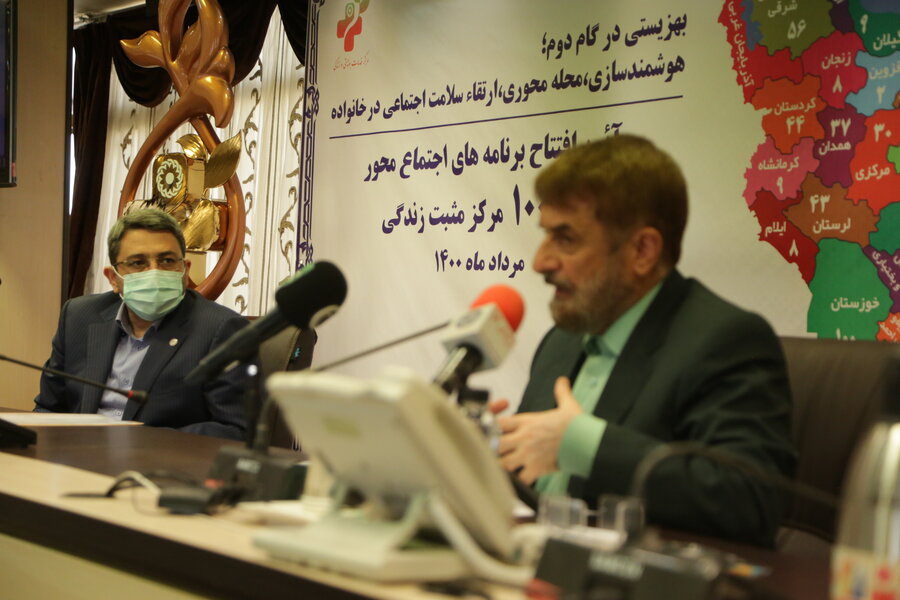
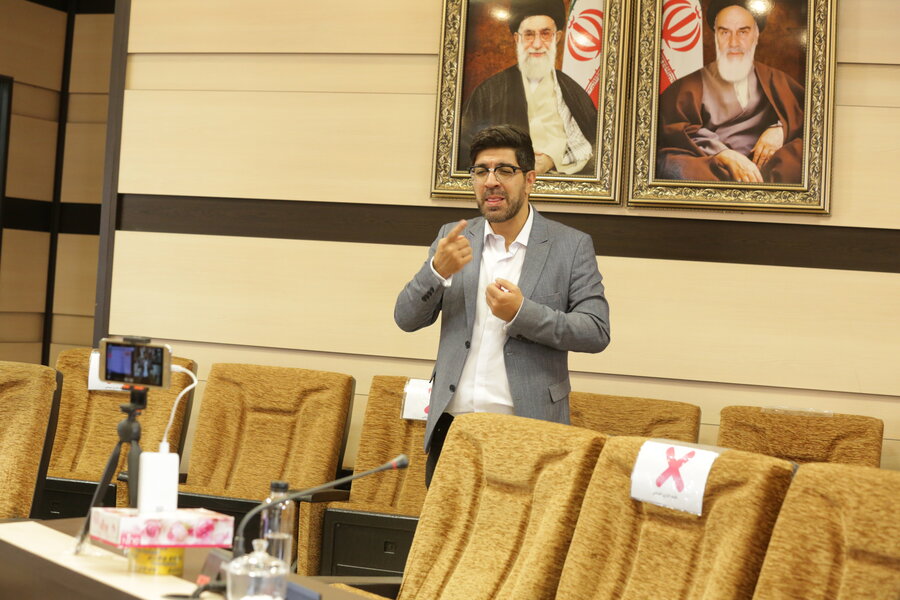
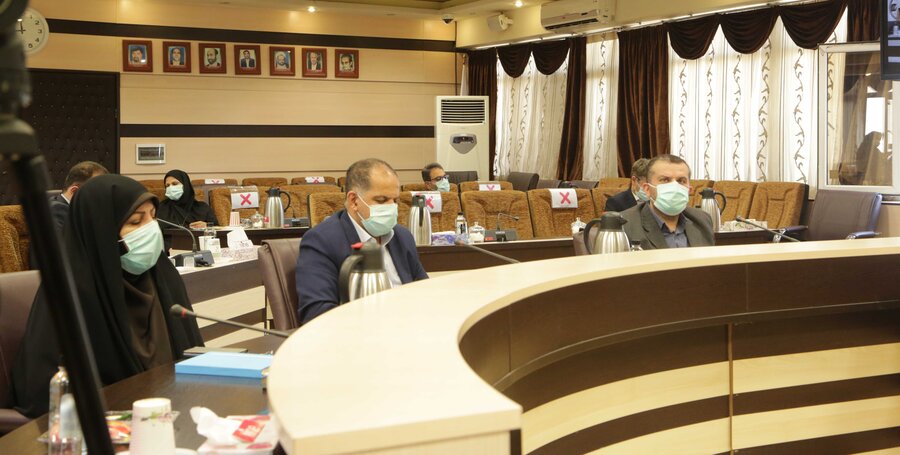
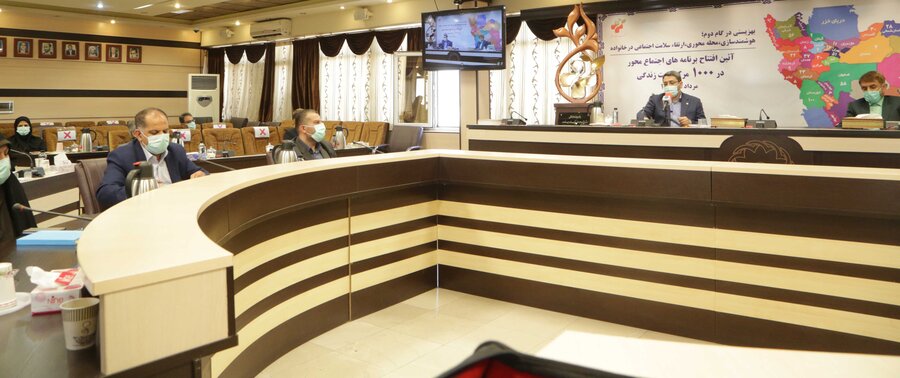
Your Comment